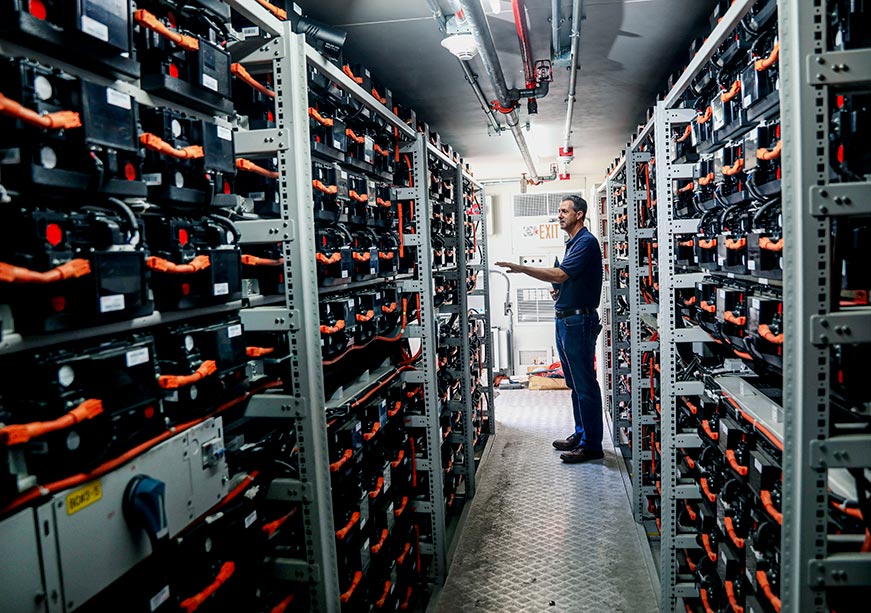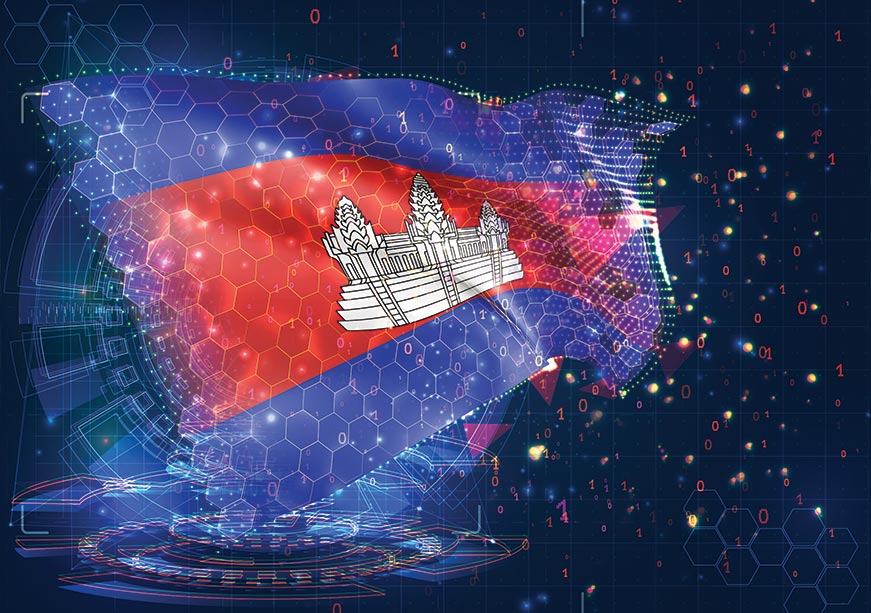Nepal is in a kind of turmoil. It is like a frozen ice cube that is melting and we do not know how we should refreeze it into the shape we want. The country has lots of energy and is ready with a new agenda for social change and progress. But how do we give it direction so that the sense of nationhood that is strongly taking root is reflected in the new constitution now being drafted by the Constituent Assembly (CA)?
We have almost two hundred countries in the world. It is a world of nation states where the relations between and among nations are determined by national interests. Whether these relationships are good or bad depends upon the perception of their respective national interests and their ability to find common space for their promotion.
Now how do we define national interest? Based on my experience and understanding, national interest has four dimensions. They are: (a) political, (b) economic, (c) security and (d) culture. What kind of political relations would two countries like to maintain? This is a very important question. The second is economic interest. The third, especially in South Asia and in other parts of the world as well, is the question of security. What is a country's perception of security as it deals with other countries? This is going to be an important question because you can define security in different ways. A traditional linear approach to security is military security. But then security is a complex term and has to be understood from many perspectives.
If all the three components of national interest are in shape, the cultural links can act as a glue to reinforce the relationship. On the other hand, if there are problems with any or all of the three elements, cultural links alone are not going to be enough to maintain a friendly relationship. In this scheme, geography and size can act both as constraints as well as opportunities. For example, Nepal's geography until a couple of years ago was considered as a major constraint because we are landlocked; on the north we have a 1400 km border with China and on the east, west and the south we share over 1700 km of border with India. So there was a feeling that being landlocked was a major problem, but not anymore. The fact that we are between two growing nations that aspire to be great powers or even super-powers in the next twenty five to thirty years presents an opportunity. The same goes for the size of our country. We are a small country, but not that small. In terms of population we are the 40th largest country in the world. A nation of thirty million people is not exactly a small country; but when you have two big giants on both your north and south you get this feeling of smallness. For a country of thirty million people to be sandwiched between two billion people moving fast on the economic ladder is an opportunity. This is the way we view our position at present.
The views expressed above belong to the author(s). ORF research and analyses now available on Telegram! Click here to access our curated content — blogs, longforms and interviews.




 PREV
PREV

